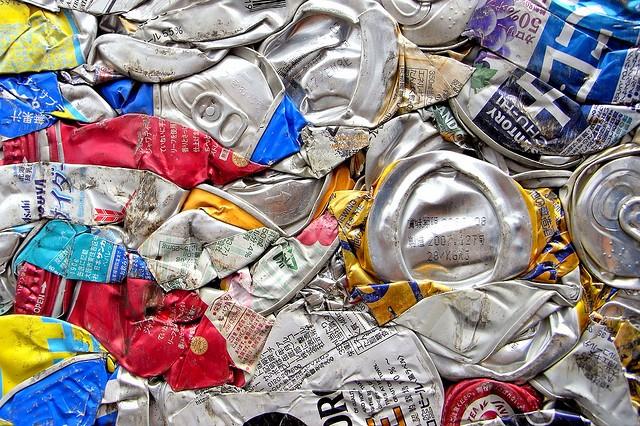
By Heidi Brock
As the global community convene in Paris to finalize a lasting agreement tackling climate change, one thing is clear: It will take a steadfast commitment from companies, industries and governments in order to ensure that the agreement is a success. That is why businesses across the globe have been striving to do their part to reduce greenhouse gas emissions and transition to a low-carbon economy. But that is also why we must call attention to individual country actions that undermine broader international efforts on climate in order to gain economic advantage.
As president and CEO of the Aluminum Association, I am proud of the work our industry has done to reduce its impact on the environment. North American aluminum’s carbon footprint has fallen by 37 percent since 1995 and achieved a 26 percent reduction in energy intensity over the same time period. We also know that aluminum can improve the environmental performance of other products through lightweighting and recyclability advantages. As I like to put it: Aluminum turns good products into great products.
In the United States, the aluminum industry has been and will continue to work hard to reduce the climate impacts of our industry. But we operate in a global market, and now we are faced with challenges from overseas producers who may not share the same commitment to environmental stewardship.
Recently, I was in China, speaking at a China Aluminum Week meeting on these very challenges. With industrial consumption slowing down at home, Chinese aluminum makers, enabled by government policy, are moving product out into the global market, including the United States. In addition to some concerning and questionable trade practices, this behavior presents serious environmental problems.
Aluminum production in China is the most carbon intensive in the world, with its coal-based smelters emitting significantly more greenhouse gases per ton of aluminum than its North American and European counterparts. In fact, a ton of aluminum produced in China is nearly twice as carbon-intensive as that same metal produced here in North America. Given the rapid expansion of high-carbon aluminum production in China, many of the efficiency and emissions reduction gains made by the global aluminum industry over the last several decades are being offset.
While we welcome healthy competition, industry growth and fair trade, we don’t want it to come at the cost of the progress being made on climate change and the environment.
In the long run, China’s government policies that permit and even encourage the perpetuation and expansion of high-carbon production do not benefit the global aluminum industry. They undercut efforts across the globe to promote positive attributes of aluminum and its value to a more sustainable environment and economy.
In addition to capping coal consumption as part of a comprehensive greenhouse gas emissions reduction plan with the U.S., China should set a specific goal to limit and reduce CO2 emissions from aluminum production, and include a robust verification process. This will limit pollution in China while leading to an overall reduction in global greenhouse gas emissions.
Having our governments say they support reducing carbon emissions is not enough. In this case, action is required. And these actions will only be recognized with verification. Without action, and without verification, our long-term global growth could be severely compromised.
In the United States, the aluminum industry is working to do its part. But challenges associated with climate change are global -- every nation and every industry must contribute. If we can work together to set common standards and ensure a level playing field that incorporates environmental considerations, then we can all benefit from a vibrant, sustainable global economy.
Image credit: Flickr/Ishikawa Ken
Heidi Brock is the President & CEO of the Aluminum Association, based in Arlington, VA. The Aluminum Association represents 111 U.S. and foreign-based companies and their suppliers throughout the value chain, from primary production to value added products to recycling.
For more information visit www.Aluminum.org, on Twitter @AluminumNewsor Facebook.com/
TriplePundit has published articles from over 1000 contributors. If you'd like to be a guest author, please get in touch!














